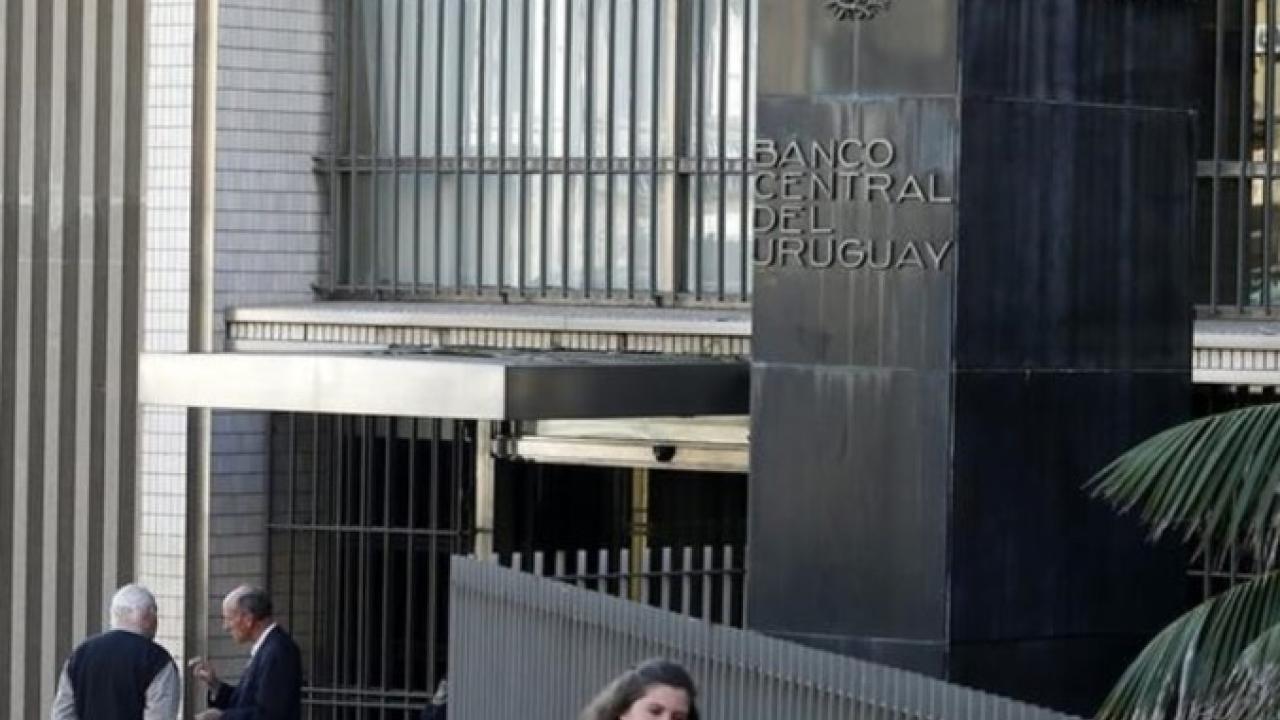
However, he stressed that the fiscal rule “has only facilitated moderate consolidation, and the deficit only decreased
up to 3.3% of GDP in 2023 from 3.9% in 2019.” (…) It still has to anchor the consolidation sufficiently
to completely stabilize the debt/GDP,” the rating agency said.
The rating agency Fitch Rating pointed out this Thursday that Uruguay's fiscal rule "is improving the credibility of the
policies by facilitating greater scrutiny and accountability around fiscal performance (including through a
independent fiscal council) and discouraging a procyclical political bias.”
Likewise, he reiterated that the social security reform approved in 2023 represents “a proactive effort to address long-term challenges, in line with the country's solid institutional scores.”
However, he stressed that the fiscal rule “has only facilitated moderate consolidation, and the deficit only decreased
up to 3.3% of GDP in 2023 from 3.9% in 2019.” (…) It still has to anchor the consolidation sufficiently
to fully stabilize debt/GDP,” Fitch Ratings said.
Change of fiscal goals
In 2023, the government once again complied with the fiscal rule for the fourth consecutive year in its three pillars: fiscal result
structural, spending limit and debt limit.
This occurred in a context where the economy received several shocks that affected growth and finances.
public events such as drought, exchange rate difference with Argentina and inflation lower than estimated in the projections
prosecutors.
For the year 2024, the MEF once again modified the structural fiscal result goal from -2.6% of GDP established
in the 2022 Accountability Report (June 2023) at -2.9% of GDP.
According to Fitch, the “recent relaxation of fiscal targets, although modest, highlights how the consolidation
It’s getting harder.”
In that sense, he pointed out that the payment of social benefits “will add pressure, since their backward indexation
It will reverse savings from previous years when inflation was high. Therefore, consolidation will depend on
a cyclical improvement in income, which is uncertain, and a restriction on spending, which may be more difficult in a
election year,” the note says.
The future of the investment grade note
Last June, the agency raised Uruguay's grade to BBB with a stable outlook, this is one step above the
investor grade. According to Fitch “further consolidation consistent with debt reduction would support greater
improvement".
On this point, he highlighted that public debt increased 4 percentage points to 63.3% in 2023, and that he expects
deficits of around 3% of GDP keep the debt/GDP ratio “on a slight upward trajectory.”
“This is consistent with our assumptions underlying the June improvement, and is not a significant risk given the
strong access to the Uruguayan market and the increasing use of financing in the local market. However, it limits the
rating increase, which would require the accumulation of fiscal space through a lower ratio
debt/GDP.”
Tax plans in the next government
On the other hand, the rating agency pointed out that the fiscal plans of the next government after the October elections
of 2024 “will be important” for Uruguay's qualification trajectory.
“Rigidities in spending and pressure to address social demands could hinder further consolidation, and
the desire to increase taxes is unclear. The ratings could also benefit from evidence of a
stronger growth, after moderate performance relative to peers in the last decade, or a
improvement in the credibility of monetary policy after some recent advances,” he stated.
Social security referendum
Furthermore, Fitch noted that an eventual referendum to repeal the social security reform and introduce other
changes in the system “could have significant implications” for public finances, AFAP and the insurance market
capitals.
“For now, it seems unlikely that the referendum will be successful and the decision of the opposition Frente Amplio coalition of
Not supporting it indicates a basic political consensus around the economic model and the continuity of policies,” he says.
the text.









